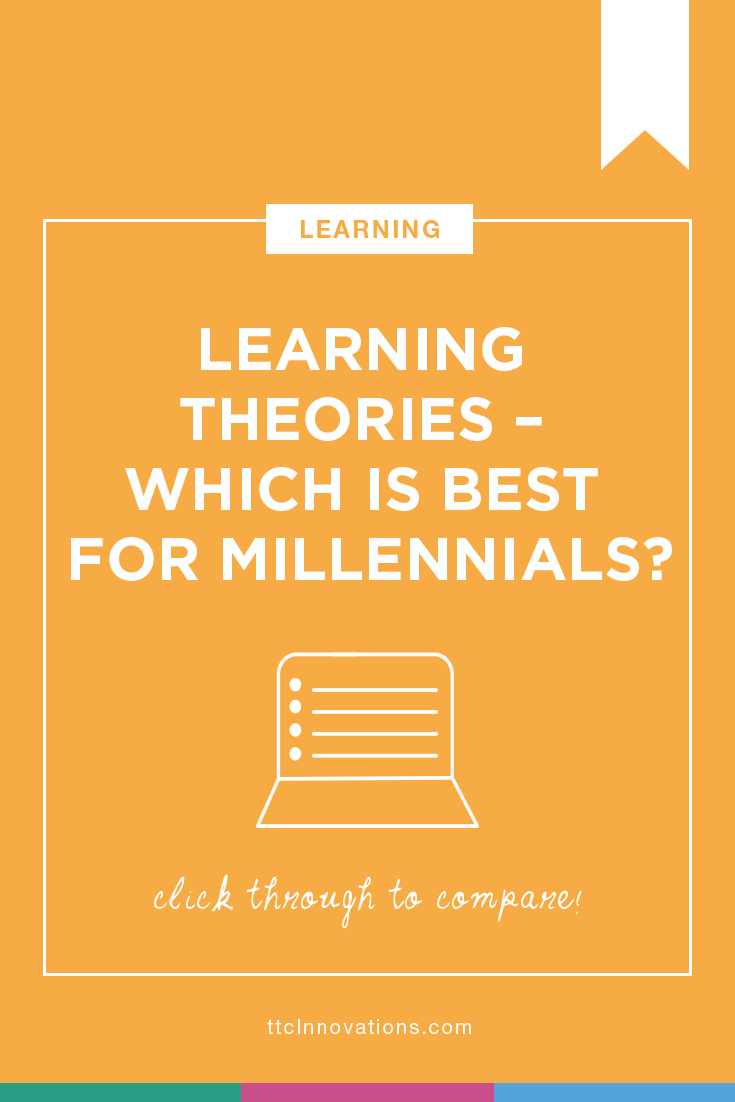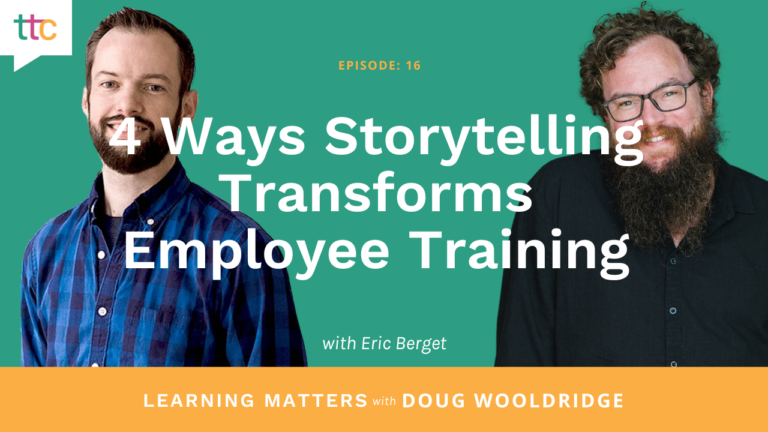As learning professionals, we are always interested in learning theories, especially if we’ve been in the industry for a while and have seen more than one learning theory applied to our development over the years.
I’ve recently been giving thought as to how millennials learn, for example: Which methods work best for a millennial? What is the best way to engage a millennial? What is the best way to design learning for a millennial? So, why not think about which learning theory or theories work best for a millennial?
Let’s start with looking at what are the basic learning theories…
Behaviorism
The main idea in this theory is stimulus-response. All behavior is caused by external stimuli and either positive or negative re-enforcement. Learning is defined as behavior change in the learner and the learner is viewed as passive, responding to motivations.
Reflecting on what I have learned about millennials as a generation that wants learning to be interactive, relevant, fun, and technologically current – even though millennials do respond to positive reinforcement — I don’t believe this is the best theory to apply when developing for millennials.
Cognitivism
The main idea here is that mental function can be understood. This theory focuses on inner mental activities, compared in part to a computer. Information comes in, is processed, and leads to certain outcomes. In fact, the learner is viewed as an information processor.
This theory seems a little closer; however, as much as millennials like lots of information, I don’t see that this is the best learning theory to apply to this generation. I have always thought of cognitivism as being more individual learning and talking heads. Millennials want collaborative learning and an instructor that will facilitate the learning process, acting as a partner in the learning experience.
Millennials crave collaboration! Share on X
Constructivism
With this theory, learning is an active, constructive process. Learners are actively involved with the learning process and help create their own learning paths. New information is linked to prior knowledge and an individual’s experiences are aligned with his or her internal representation of the world. The learner is viewed as an information constructor.
This generation wants choices on how they learn and wants to be able to access learning on various devices. They want their learning to mean something to them now or in the near future, and they want just-in-time learning — something easily accessible when they need it. They like teamwork, collaboration and interactivity — not just lecture, and they want to have fun when learning.
Millennials want choices — create meaningful and personalized learning experiences! Share on X
Constructivism seems best fitted for today’s millennials. Although it brings active learning theory to reality for the millennials, it also allows them to be part of the “construction” of their learning experience. A winner on both counts for a generation in search of new ways in learning!
To discover more about this newest generation and bridging the gap between their predecessors, we welcome you to The Millennial Project!
Contact Debbie to get more information!








